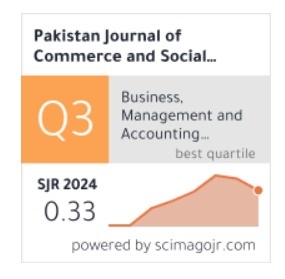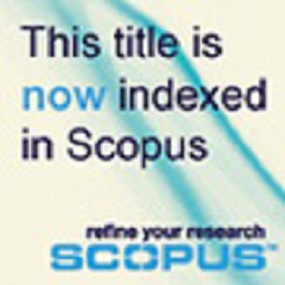Threshold Analysis, Financial Inclusion and Financial Stability in Developing Economies: Assessing the Moderating Role of Digital Financial Inclusion
Keywords:
Financial stability index, traditional financial inclusion, digital financial inclusion, governance quality, financial openness.Abstract
This study examines the relationship between financial inclusion and financial stability in developing economies, with a focus on the moderating role of digital financial inclusion (DFII) and the identification of threshold effects. Using a dynamic panel analysis with a two-step System GMM estimator, the analysis covers 72 developing countries from 2012 to 2022. A composite financial stability index (FSI) is developed using Principal Component Analysis (PCA) to capture financial soundness and market depth. The inclusion dimensions model results indicate that penetration and usability of financial services have a negative impact on financial stability (FSI). Conversely, accessibility has a positive influence on FSI. However, both indices traditional financial inclusion (TFII) and DFII in model 2 analysis reveal a negative relationship between both indices and financial stability. The results of the third moderation model show that DFII strongly moderates these TFII effects by enhancing access efficiency and transparency. A threshold effect is identified in model 5 analysis of this study, suggesting that the benefits of inclusion diminish and potentially reverse beyond a certain level. The findings suggest the need for balanced financial inclusion policies that integrate both traditional and digital financial services.





